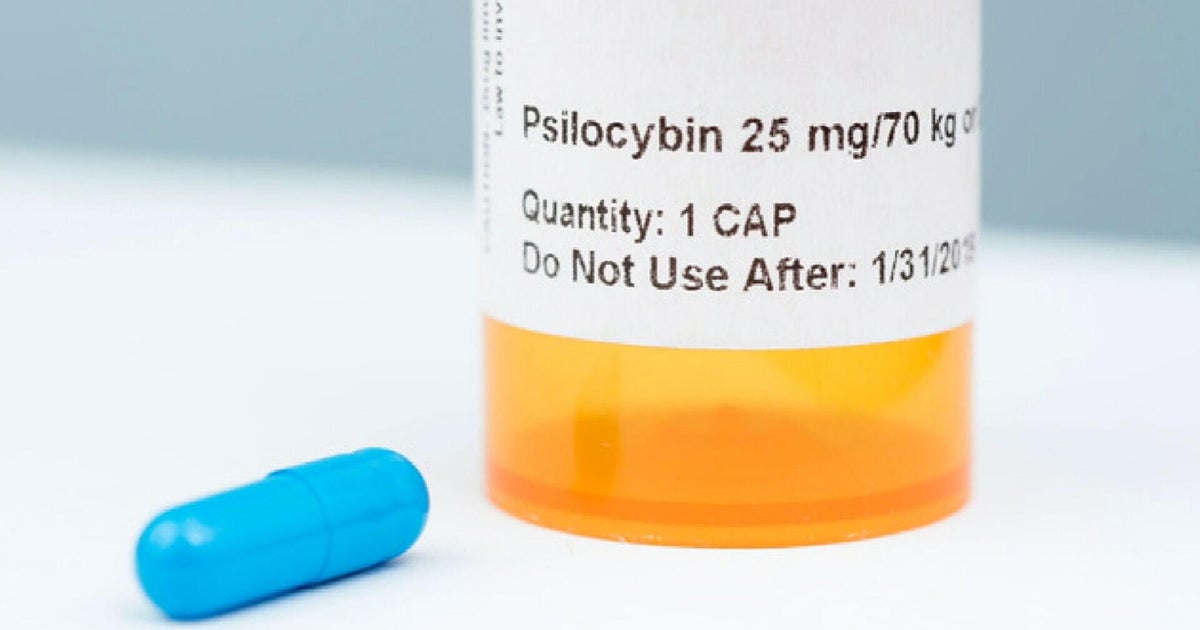5 Common Misconceptions About Steroids
By: Eric Thomas
With Lance Armstrong's confession to Oprah and the continued revelations related to Alex Rodriguez, among others who have been implicated in the growing Anthony Bosch scandal, steroids are back on the docket of discussion. One could argue they never left. As this conversation continues there is an emerging narrative; athletes who use steroids make a Faustian bargain, a future life plagued with problems in exchange for physical glory today. There appears to be little evidence to back that up.
Above all else, steroids are a medical treatment. Every day, doctors prescribe steroids as therapy for a host of conditions from asthma to hormone-sensitive tumors associated with leukemia. However, the increased heat of the media spotlight has cast a shadow on the legitimate uses of the drug, giving the impression that its harms are analogous to alcohol and tobacco. Mel Williams, founder of the Human Performance Laboratory and the Wellness Institute at Old Dominion, admits, "I don't think there have been a lot of adverse side effects that have been studied in people who might abuse them."
Here are the four most common misconceptions about steroids:
1. Steroids always have severe side effects – There isn't enough evidence to support this claim. Even in high profile cases such as Lyle Alzado, the evidence that his tumor was caused by years of steroid use cannot be confirmed past his own personal stories. According to Dr. Norman Fost of the University Of Wisconsin School Of Medicine, "What is missing is a single article, or evidence, or even a quote from any authority on the topic to support any connection between steroids and Alzado's tumor."
2. Steroids are illegal because they are dangerous –Steroids are illegal, in part, because of the political hysteria surrounding Ben Johnson's Olympic victory in the 1988 games. During House investigations, the AMA, the FDA, and even the National Institute on Drug Abuse argued AGAINST classifying anabolic steroids as a class three controlled substance, arguing that they don't pose any risk of dependency. Those agencies were ignored by Congress and steroids were added to the list of common controlled substances, where they have remained for a generation.
3. Steroids can help your timing, eyesight, etc. – There hasn't been any evidence to back up this claim. The only evidence that exists is anecdotal, and was propagated by suggestions in the book Game of Shadows. There is, however, evidence that steroids can increase bat speed. Tufts University physicist Roger Tobin estimated that the drugs could make an athlete swing the bat 5% faster, but that increase is unrelated to ability to judge distances.
4. Steroids can't provide a competitive advantage – This argument is common among those who want McGuire and Bonds in the Hall of Fame, the other side of the coin. The distilled version is steroids 'can't make a minor league player into a hall of famer or else everyone would be at hall of fame levels.' Reams of evidence indicate that steroids improve performance, and that evidence is unquestioned. As Mel Williams points out, "Many use them for their performance enhancing effect, mainly because it's effective."
This isn't to say that steroids are completely safe. "Above all, do no harm," reminds Dr. Allan Goldfarb, Professor at the University of North Carolina at Greensboro, "We just don't know what the long term effects are."
There has been some movement toward acceptance. Now doctors can prescribe steroids to their athlete patients if they create a specific profile. The profile details the precise dosage ordered so that when the athlete is tested, they can still compete if they meet the chemical profile.
Of course, dopers are already ahead of that, too. "The latest stuff that's coming out," says Dr. Goldfarb, "is showing that you can take these things in very small quantities and they can have benefits without being detected. That's the problem that the drug agencies have to deal with."
More study is needed on both sides. Some might argue that the prohibition of these drugs leads to more dangerous, unregulated use much like the dangerous days of early twentieth century alcohol prohibition. If steroids were made legal for the treatment of injuries or to prolong someone's career that may itself be a benefit. The problem is not the danger of the drug, it's the willingness of athletes to take more than their competitors, and that willingness seems without a ceiling.







